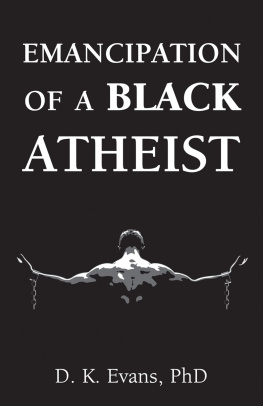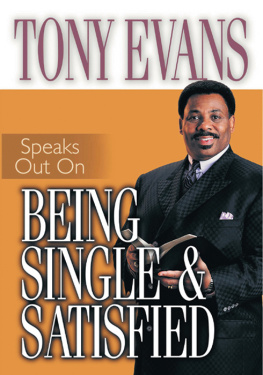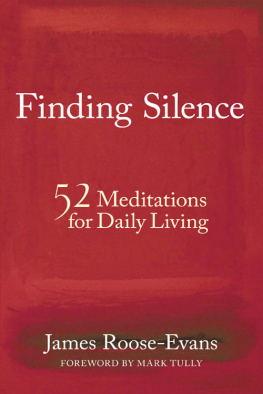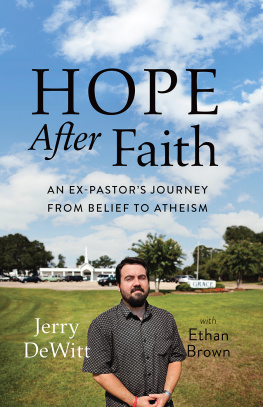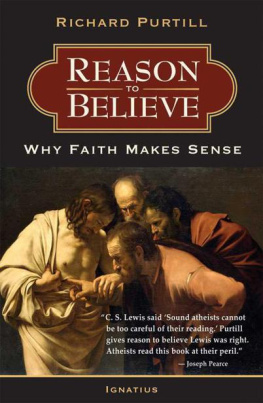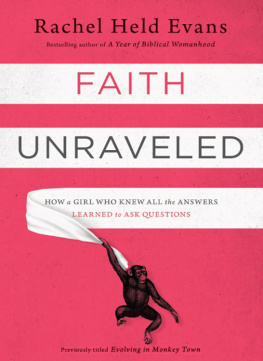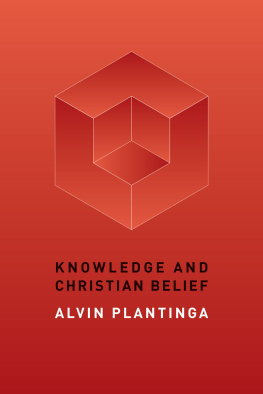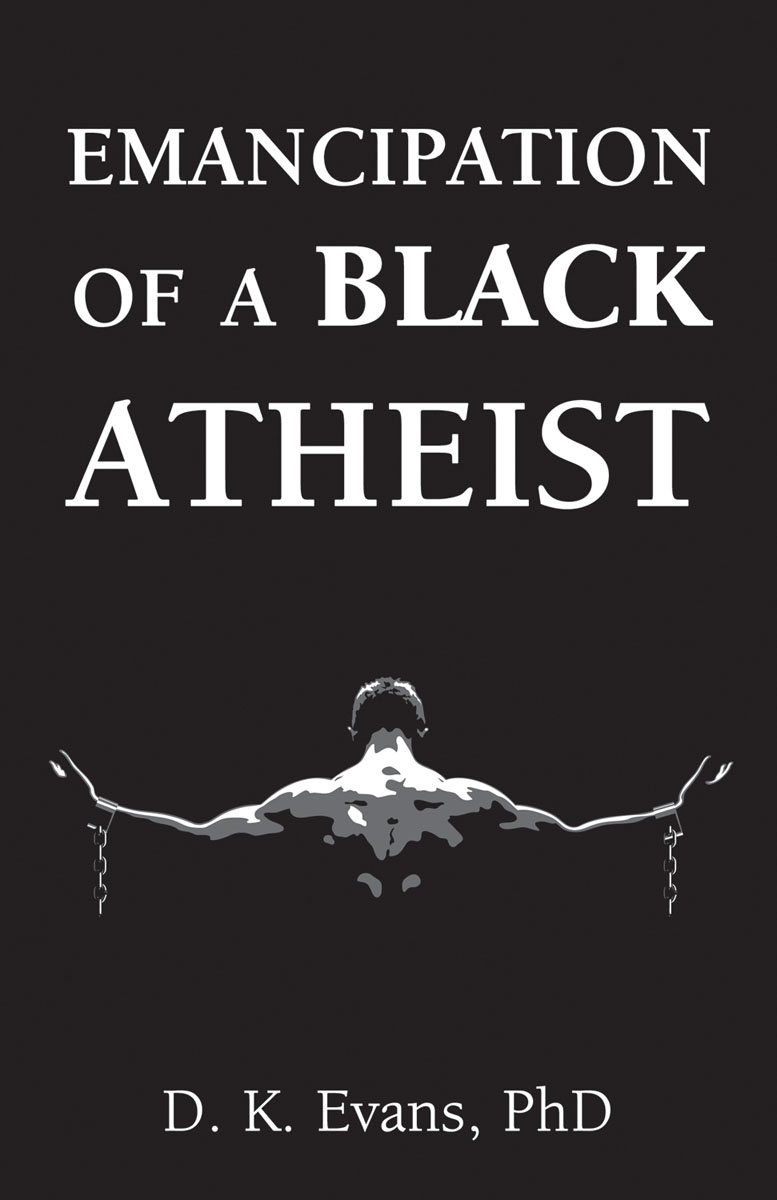

Pitchstone Publishing
Durham, North Carolina
www.pitchstonepublishing.com
Copyright 2017 by D. K. Evans, PhD
All rights reserved
Printed in the USA
10 9 8 7 6 5 4 3 2 1
Library of Congress Cataloging-in-Publication Data
Names: Evans, D. K., author.
Title: Emancipation of a Black atheist / D.K. Evans.
Description: Durham, North Carolina : Pitchstone Publishing, 2017. | Includes bibliographical references.
Identifiers: LCCN 2017024545 (print) | LCCN 2017032793 (ebook) | ISBN 9781634311472 (epub) | ISBN 9781634311489 (epdf) | ISBN 9781634311496 (mobi) | ISBN 9781634311465 (pbk. : alk. paper)
Subjects: LCSH: Christianity and atheism. | Evans, D. K. | Religious biography. | African AmericansReligion. | ChristianityControversial literature.
Classification: LCC BR128.A8 (ebook) | LCC BR128.A8 E93 2017 (print) | DDC 211/.8dc23
LC record available at https://lccn.loc.gov/2017024545
Ellery and Zoelen
Never let the intimidation of the status quo extinguish your intellectual appetite.
To find yourself, think for yourself
Socrates
Contents

Preface

When I first started living on my own, like most young adults, I lived paycheck to paycheck. On many occasions I completely depleted the funds in my bank account while waiting for my next paycheck. In those moments, I avoided looking at my accounta self-deceiving practice Im sure others are familiar with.
Avoidance helped maintain the delusion of solvency that I wanted to believe. I was sure not to revisit my bank account again until the next payday, which allowed me to see what I wanted to seesufficient funds. In effect, every time I looked at my account, I had sufficient funds, but of course that does not mean I always had funds in my bank account.
Turning away from facts and simply believing what someone tells me has always felt unnatural, dishonest, and inauthentic to mejust as avoiding my low account balance was. Likewise, I find it equally unnatural to have faith in a belief system that violates the laws of physics in the known universe without doing at least a little investigation. I thus researched religion and gained a new perspective. What I found negated the claims that Ive long heard for the existence of God.
This book was written to promote critical inquiry by delicately unraveling the events, thoughts, conversations, and facts that led to my religious deconversion. It is not for the close-minded. The ideas in this book might frighten narrow-minded individuals who cling to their beliefs like a security blanket.
This book recounts the moment when I first questioned my faith and follows my reasoning and process for writing this book. I outline in detail the major objections I have with religion and the idea of God. Along the way, I break down specific passages and parables in the Bible that I disagree with and consider morally bankrupt.
I compare religion with science and illustrate instances when faith, instead of facts, predictably leads to questionable decision-making practices. I explore some of the common ways in which people are introduced to religion and outline some of the more positive aspects of religion and how it can be useful in peoples lives. I then detail some of the more deplorable aspects of religion and illustrate some of the consequences of adhering to such antiquated ideas.
I then shift my attention to religion in the Black community and briefly explore the historical implications and the continuous effects of religion within that community today. I then examine what atheism looks like in the Black community compared to the experience of atheism in the White community. I also explain the concept of the prayer closet and how it affects the religious community. I define the contingency triangulation theory and use it to reveal what believers are experiencing when they claim they interact with or can prove God exists. I then share a few recommendations to enable Black theists and atheists to reconcile their religious differences in a civil manner while maintaining their respective ideologies.
Lastly, I recommend a few of the books and documentaries I was introduced to during my exploration of religion and nonbelief in the Black community. As you read about my experiences, I advise you to reflect on your own and ask questions of your beliefs you may have never asked before.
A Conversation to Authenticity

We have to dare to be ourselves, however frightening or strange that self may prove to be.
May Sarton
AnInterrogative Mood
My exploration began one evening when I casually walked up to my wife as she was preparing dinner and said, I dont believe in God anymore.
To tell this story correctly, Ill start where most people begin their stories: with the most interesting parts first. I had just finished a video of a debate organized by Intelligence Squared, a forum dedicated to airing discussions centered on tough and often controversial topics. The question the debaters tackled in the video was whether science refutes God. Theoretical physicist Lawrence Krauss and Skeptics Society founder Michael Shermer argued for the affirmative and nuclear scientist Ian Hutchinson and political commentator Dinesh DSouza argued for the negative. Both sides touched on many disciplines to approach the question, drawing on astrophysics, history, sociology, psychology, and, of course, theology to clarify their points and defend their respective positions in an attempt to win over the live audience.
Prior to the debate, audience members voted for, against, or undecided with respect to the motion Science refutes God. At the conclusion of the debate, the audience members voted again, knowing the side that persuaded the largest percentage of individuals would win the debate. In this particular debate, the side arguing for the motion won. Both sides had presented compelling arguments, and at the conclusion of the debate I found myself asking a question Id never asked myself before: Why do I believe in God?
I quietly sat on the couch mired in my thoughts. I started wondering why I believed in God. I dont think Id ever asked myself that question before and, when I asked it, I did not have an immediate response. Asking the question felt unfamiliar, yet invigorating. I guess Id always taken it for granted and simply assumed there was a God because someone told me there was one.
If Im being completely honest with myself, the only reason I would admit to believing in God or considered myself a Christian was that my mother had told me there was a God. The responsibility of constructing a foundation for a child should certainly be placed partially, if not entirely, on the parent, but as an adult one should have ones own reasons for ones actions and beliefs. My fallacious reasoning motivated me to think long and hard on how to proceed.
Was my only reason for claiming the existence of God because my mother said so? Was I coincidentally born into the right religion? I thought about church, prayer, fasting, and my own feelings. Id never had a spiritual experience. I never caught the Holy Ghost or thought I heard Gods voice.
Next page
